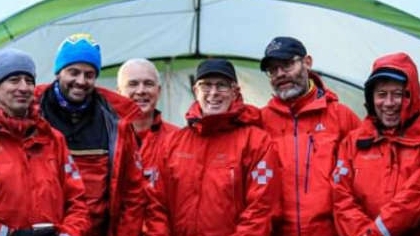
Glossop Mountain Rescue team's Tim Budd talked to us about the important role mountain rescue teams play in the Montane Spine Race, and how it feels to compete in the hardest race in the country.
The Montane Spine Race is thought by many in the running world to be the toughest in the UK. The ultramarathon is held over a distance of around 268 miles starting in Edale, England and ending in Kirk Yetholm, Scotland, along the Pennine Way. The gruelling run gives competitors seven days to cross along the spectacular scenery of the Pennine Way, and for the most part the runners are left to their own devices.

The race is broken down into five checkpoints along the way, taking runners from the middle to the north of the UK. And it is at these checkpoints that Glossop Mountain Rescue and many others form part of the safety teams.
These teams are responsible for offering aid and provisions along the course, and are constantly looking out for runners that are in need of help. For Mountain Rescue volunteers, they also face the challenge of having to attend to other incidents that happen in the countryside.
Glossop Mountain Rescue plays a big part in the race year on year, and we spoke with Tim Budd, deputy leader of Glossop Mountain Rescue team and a chartered physiotherapist, to find out more.
Tim Budd has been an active part of the Spine Race since 2016. He told us more about his role during the race.
“The spine race is three different races: one long one which is 268 miles, and a shorter southern and northern version. It has been going since 2012, and in 2016 they introduced a new category for mountain rescue teams in the southern race. So I took part in the first mountain rescue challenger event and won it, and I still have the record which is nice. We help out with pop-ups as well, so since 2016 Glossop Mountain Rescue has been helping with that. The team goes down there and provides teas, coffees and biscuits for all of the runners coming over the top.”
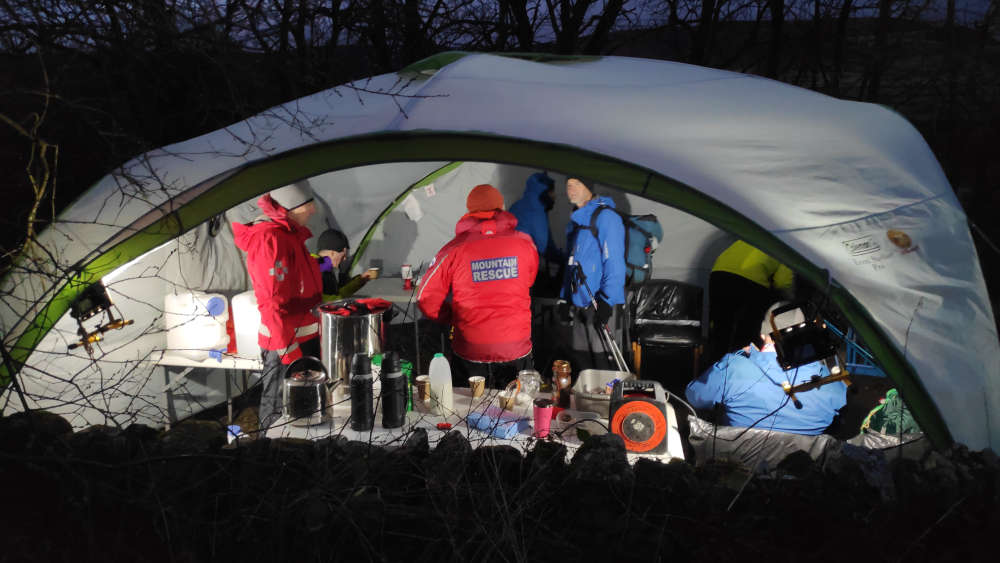
Providing nourishment to the runners gives them a much-needed rest and replenishment after a non-stop run of 70 or more miles between checkpoints. But Tim told us that the safety team provide much more than this.
“We must also make sure all the mountain rescue stuff is covered as well. The team was involved this year in locating a missing person, so it is quite an interesting balancing act between helping out and mountain rescuing. There are about 45 of us and we would not be able to do it without kind donations.”
The Glossop Mountain Rescue team also have a history of being heavily involved in the races as a running team. “Since 2016, we have had at least six of us who have done the event, some of us multiple times,” Tim said. “So we have quite a history of running in the event as well as supporting it externally. I have supported it in the Spine safety team for the last two years, and this year I had five members with me who went up the course putting in all the diversions and supporting the runners.”
Outside of the Glossop Mountain Rescue team, the High Peak has made quite a name for itself in the Spine Race. Many competitors across the borough have competed and won, including the woman that held the record for several years.
Tim brought this up, saying: “Jasmin Paris was the overall record holder until this year. This year the conditions were so perfect for running the race, as the boggy peaks were all frozen over so you could run on it like a road. Her husband ran this year and came third overall in the long race.”
Runners in the High Peak clearly have a connection and have taken to the Spine Race for a long time. Tim himself also competed and won the event in 2016. Looking back, Tim talked about the toll the race took on him.
“Looking back on it, I think physically it was hard and the reason I haven’t done any 100-milers since is because it took me so long to recover. It took three months for me to recover so for me it was too much. The year after, another member of Mountain Rescue ran it and won as well, but he also had a long recovery. Some people can do the 268 miles and a week later get back into running. But for other people it may be a step too far.”
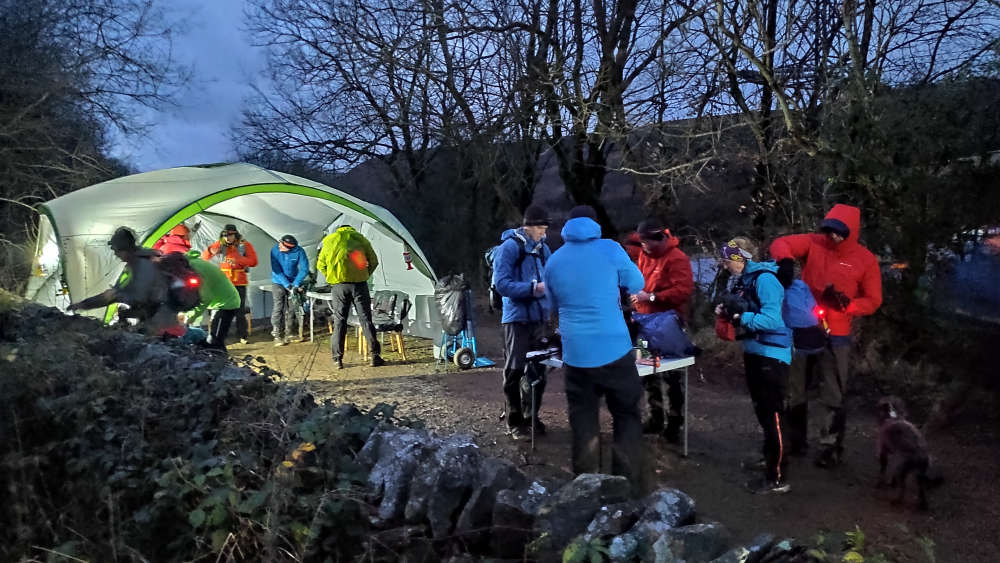
Physically the race is extremely difficult, but the mental toll the race takes is a whole other situation. Sleep deprivation is one factor during the gruelling course, which can lead to more falls and, in extreme cases, hallucinations. Tim told us how the team have to look out for signs of this during the race. “It is hard to deal with on the safety team, as runners can get into the mindset of “I need to finish, I need to finish”, and that’s when things start to go downhill for them, as they are unable to adapt to the changes on the course. So for the safety team it is vital to look out for those signs too.”
Ultimately, the race is thought of as the hardest in the country for a reason. And it comes with multiple challenges for those running the race and for those supporting it along the way, with the potential of burning out being around any corner, as Tim told us.
Outside of the race, Tim and the volunteer team at Glossop Mountain Rescue work around the clock to save countless lives every year, and are funded entirely by donations from the public. To donate and help the Mountain Rescue team to save more lives, visit https://www.justgiving.com/glossopmrt
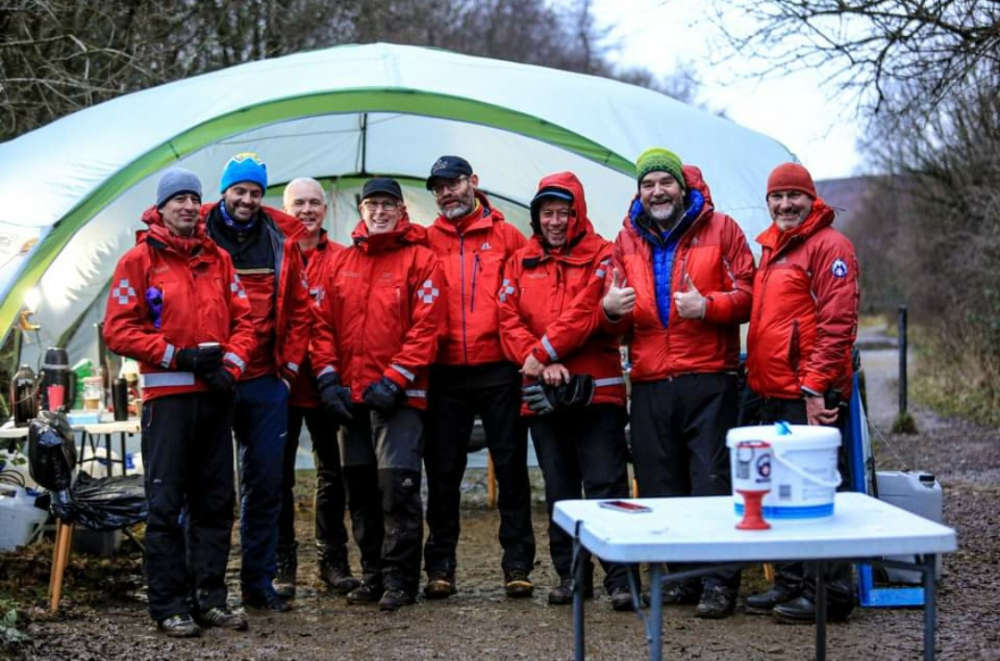


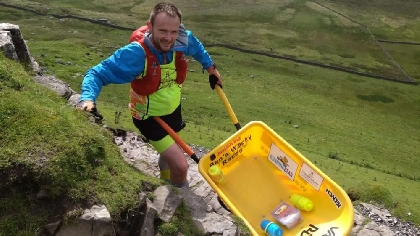 Chapel-en-le-Frith joiner to push wheelbarrow 'up Everest' this weekend
Chapel-en-le-Frith joiner to push wheelbarrow 'up Everest' this weekend
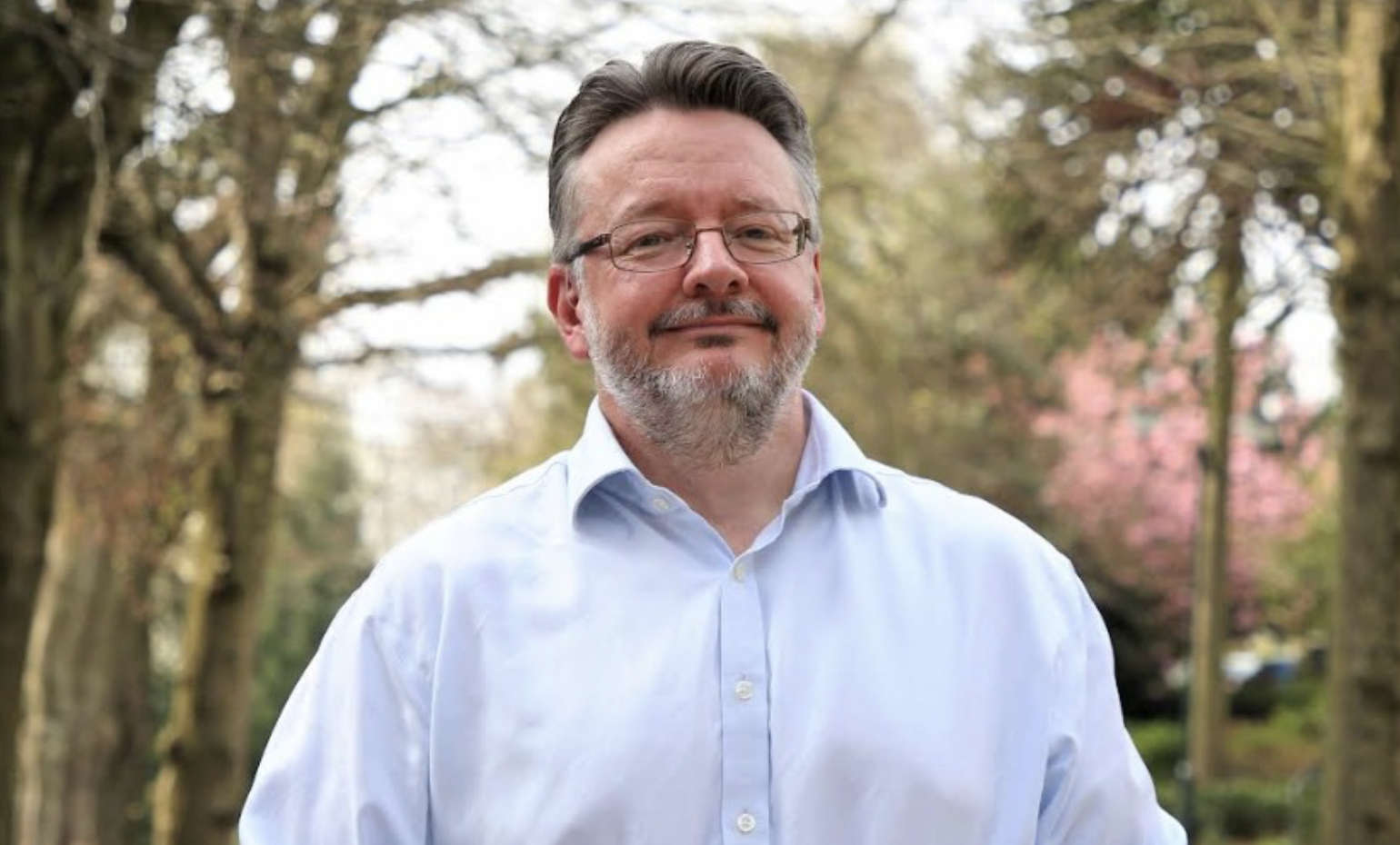 Derbyshire council leader is cleared of alleged breach after withdrawing funding from new board
Derbyshire council leader is cleared of alleged breach after withdrawing funding from new board
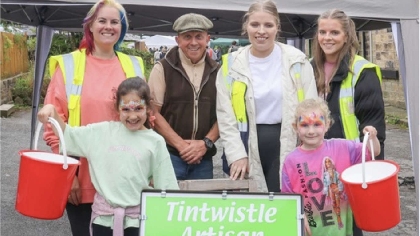 Summer Market in Tintwistle raises money for Glossop Cat Rescue
Summer Market in Tintwistle raises money for Glossop Cat Rescue
 Rail chaos coming on Sunday
Rail chaos coming on Sunday

